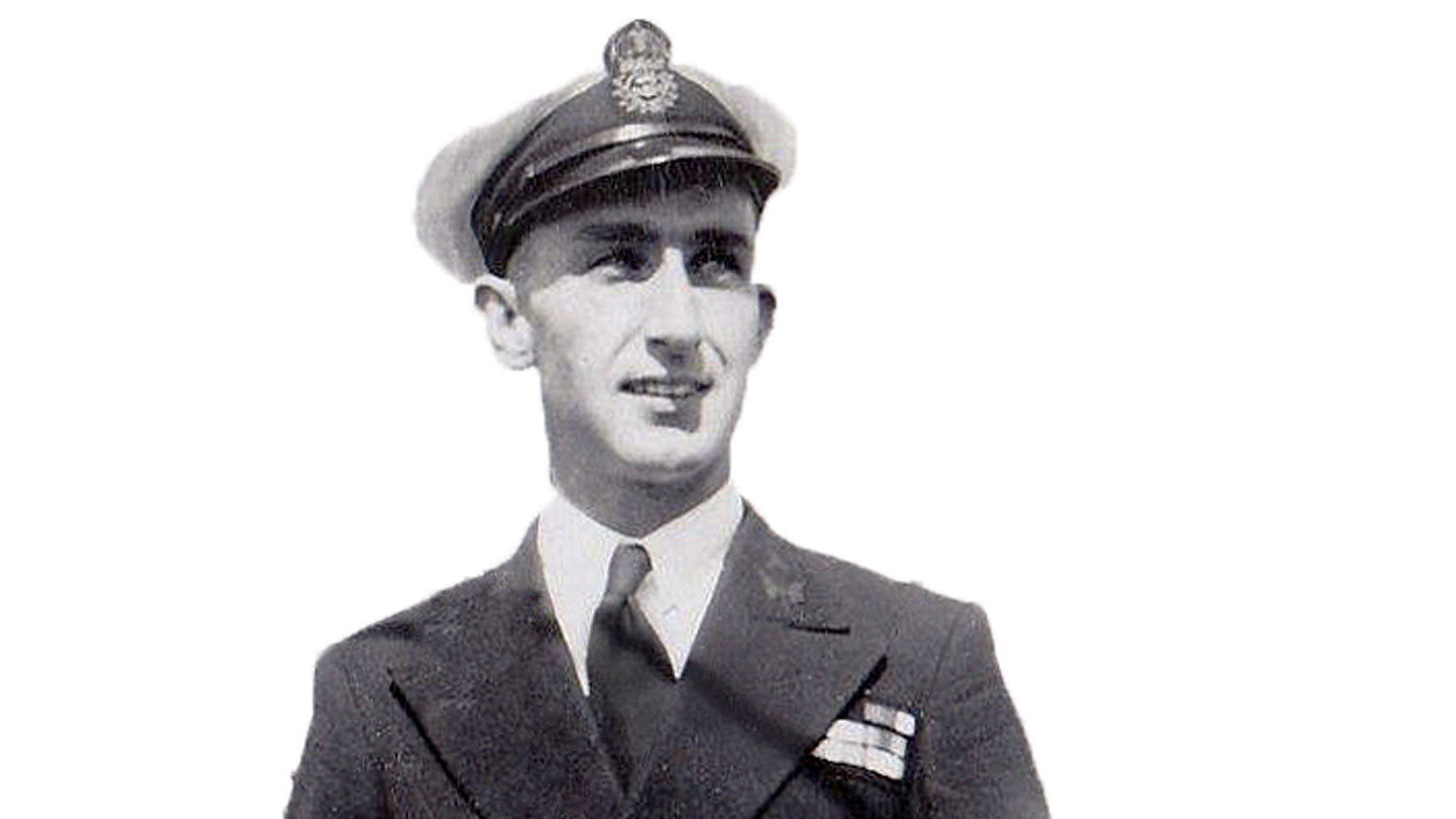
Last known British Dunkirk veteran, who played a vital role during Op Dynamo, dies at 105

The last known British Dunkirk veteran, Duncan "Mac" McInnes BEM, 105, has died just days before the 85th anniversary of Operation Dynamo is due to be commemorated.
During the operation, also known as simply Dunkirk, more than 338,000 British and Allied troops were evacuated from Dunkirk between 27 May and 4 June.
The Royal Navy veteran was a petty officer and leading telegraphist on the Admiralty S-class destroyer HMS Saladin during Operation Dynamo.
The vessel made seven trips to Dunkirk during the evacuation and was left badly damaged by German aircraft.
The veteran wrote about his service during the Second World War in his memoirs.
He recalled what he saw during Op Dynamo, saying: "On arrival near to the beaches we could see columns of smoke coming out of the town which was burning and the beaches were black with troops.
"There was a jetty and we managed to get close to it and finally tie up to it.
"Immediately we embarked waiting soldiers who [looked] a sorry bunch.
"I could only see them from the door of the wireless room which was immediately under the bridge.
"It appeared the most popular one on board was the cook who provided the soldiers with hot mugs of sweet tea, probably the first drink that they had had in days.
"Then it was full speed to Dover to disembark the troops and back again into the turmoil of the beaches."
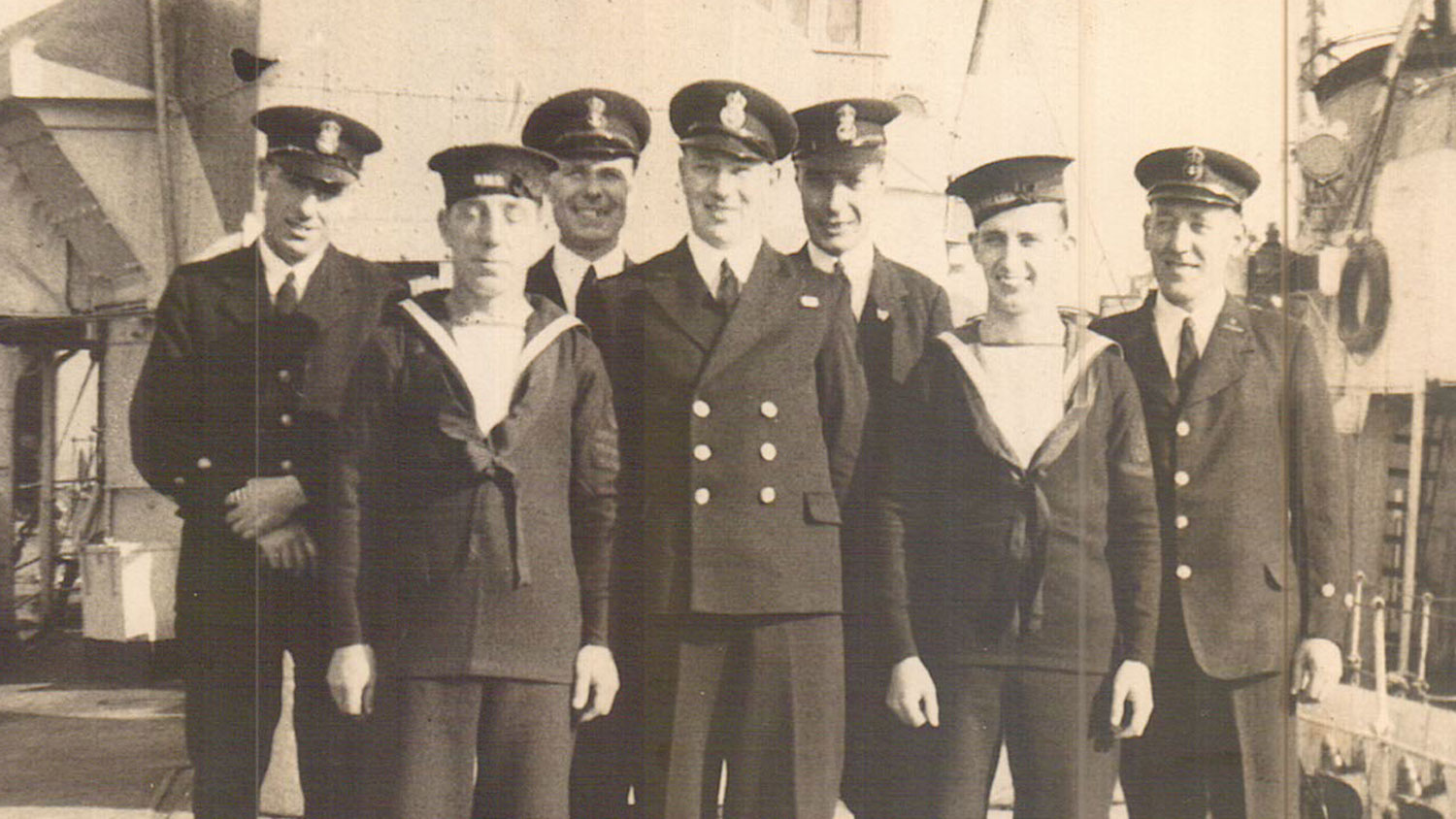
Mr McInnes says he "saw little of the action" as his job was to send messages such as requests for fighter cover which, he says, sometimes went unanswered, leaving them "at the mercy of the Ju88", one of the most versatile German combat aircraft in the Second World War Two.
HMS Saladin had several narrow misses but Mr McInnes believes the vessel survived sinking because of the skill of the ship's Captain.
He said: "Suddenly we felt the ship slow almost to a stop and opening the door of the office I saw the engineer officer rushing to inform the captain of the damage to the engine room and our maximum speed dropped from 30 knots to about four.
"I transmitted this information to the HQ, who instructed us to disengage from Operation Dynamo and to proceed at best speed to Portsmouth for repairs.
"It was only when we docked in Portsmouth that I discovered we had suffered some 30 casualties.
"Once in Portsmouth, we were given leave and I was able to see my wife and family once again, and I remember it well as it was the first time I had ever sworn in front of my mother when I was describing how this 'f*****g German bomber nearly straddled the ship with his bombs'."
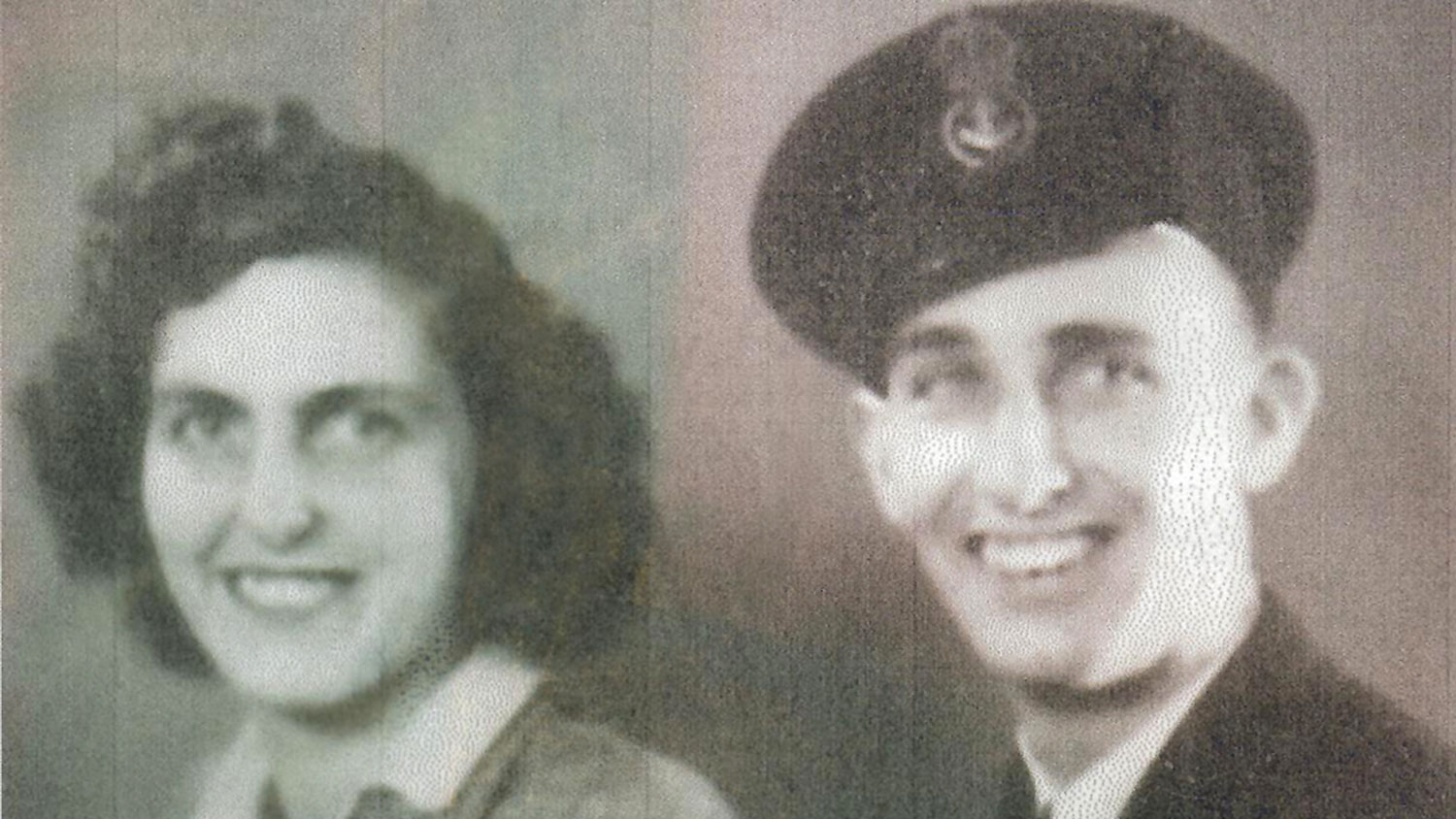
Mr McInnes, who joined the Royal Navy in 1935 at just 15, also served on HMS Saladin during the D-Day Landings in 1944.
He said: "The signal for the landing on the French coast was finally received on the morning of the 6th June and it seemed as if by magic the Channel was filled with boats of all description.
"Battleships and cruisers bombarded the coast with their heavy artillery. Destroyers like sheep dogs rounding up the stragglers, LSTs rushing towards the beach to land their cargo of troops.
"Suddenly, there was a haze over the beach where the troops were fighting for their lives in an effort to hold a beachhead.
"It all seemed chaotic to me at first, but later in the day, when the shelling by the ships ceased, it appeared all had gone to plan after all."
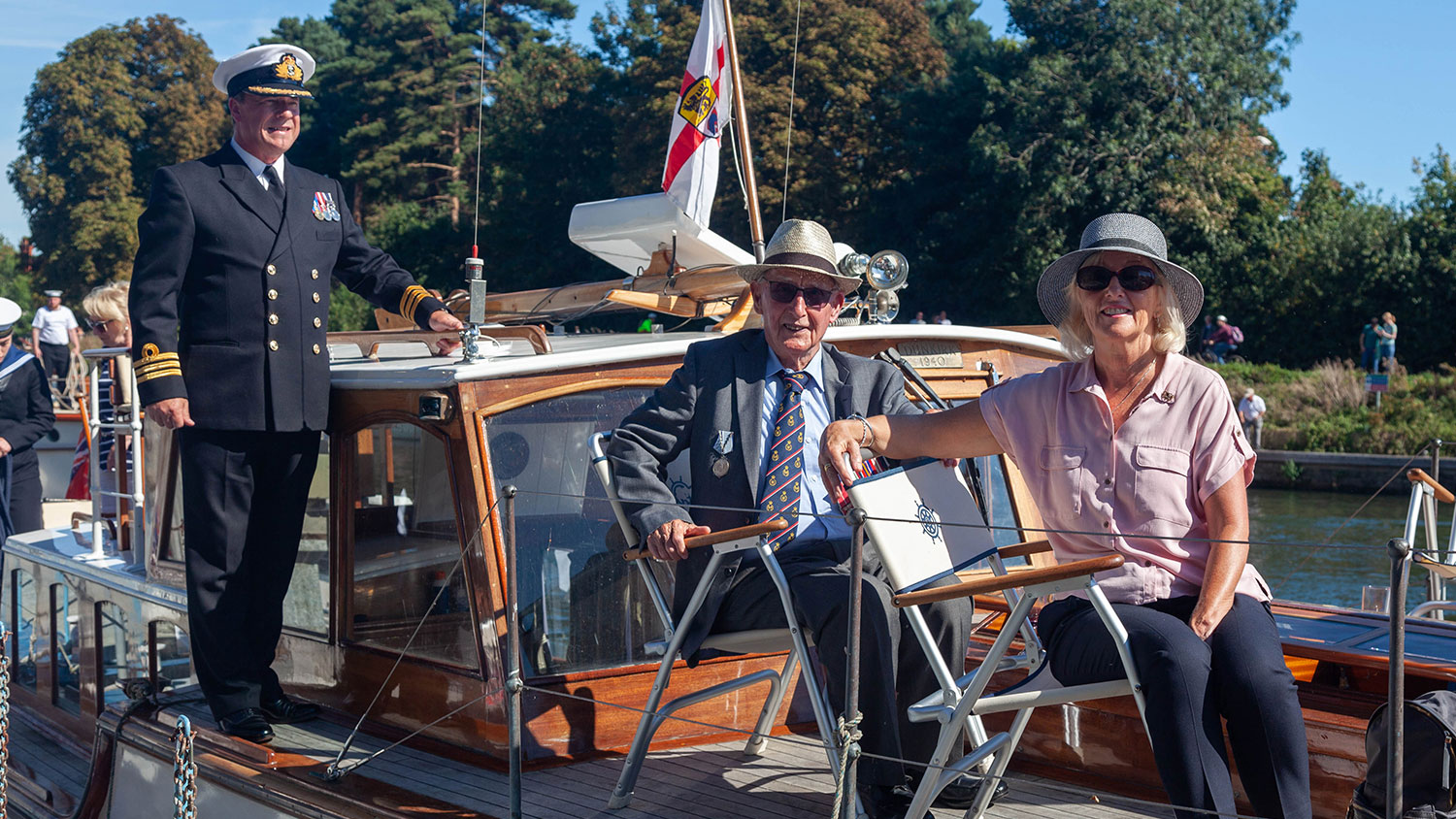
Mr McInnes left the Royal Navy in 1960 and worked for Pye Telecommunication Ltd before returning to work for the military once again, but this time as a civilian foreman of signals for the British Army.
In 1969, the veteran moved with his family to Mönchengladbach as the British Army was installing a microwave system so they could communicate with all bases in BAOR (British Army of the Rhine) so it didn't have to rely on the expensive German telephone system.
Eventually, Mr McInnes joined BFBS (Forces News' parent company) in Celle as a Television Liaison Officer to create a TV service for the military community in Germany.
BFBS TV was eventually on air in September 1975.
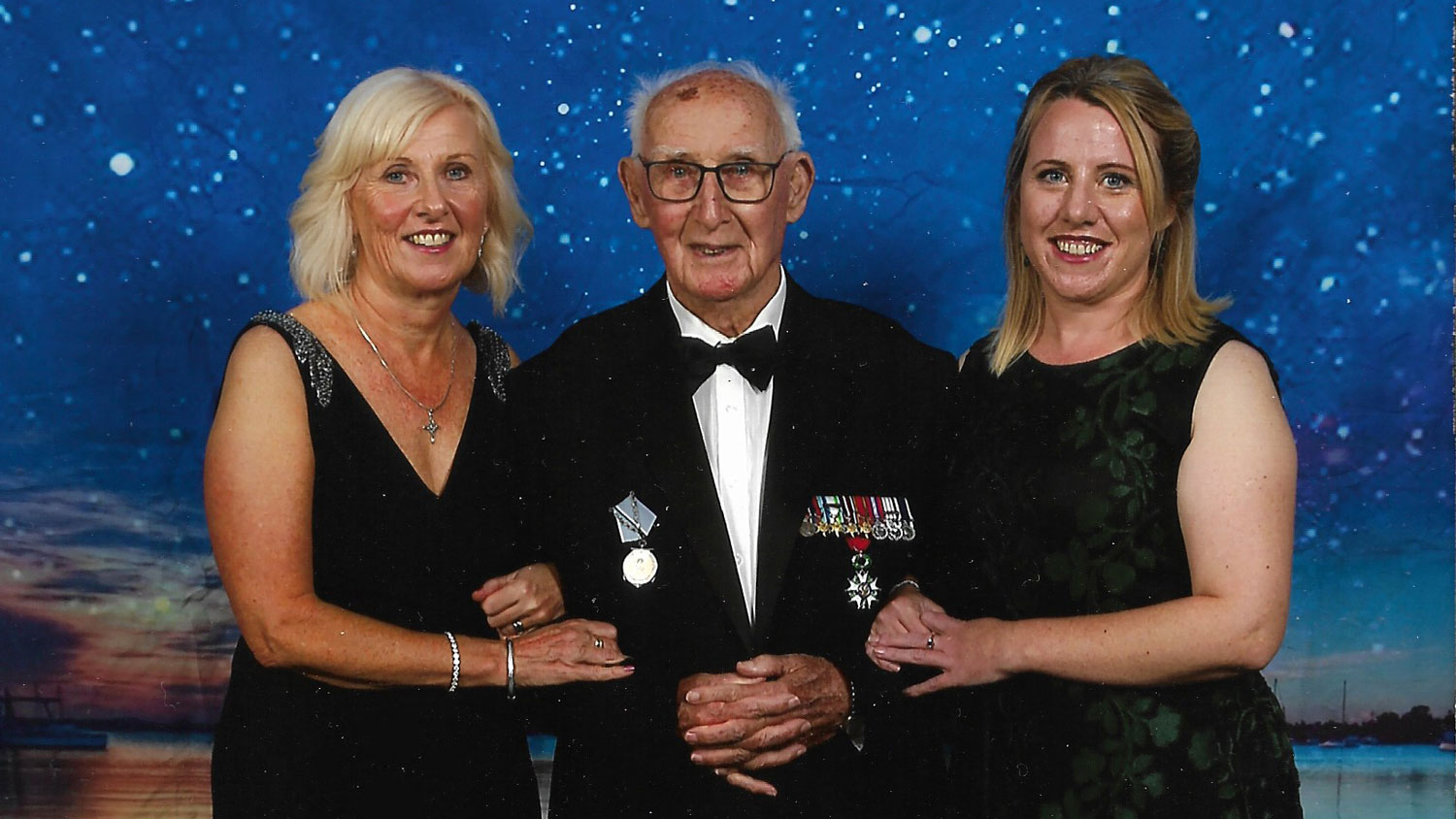
Of his time with BFBS, he said: "There was a lot of competition among the DJs to get on the TV and, at one party whilst I was in England, one of the young hopefuls came up to Amy (Duncan's wife) and asked her how he came across on television to which she replied, 'You don't!'"
Once BFBS TV had been established, Mr McInnes moved with his family to Western Australia, where he continued his work helping people stay in touch.
He said: "I landed a job putting up two-way stations on remote farm sites and for truck contractors, trucks, cray boats and yachts.
"Then came the explosion of mobile phones and that eventually killed the two-way system, and I retired."









